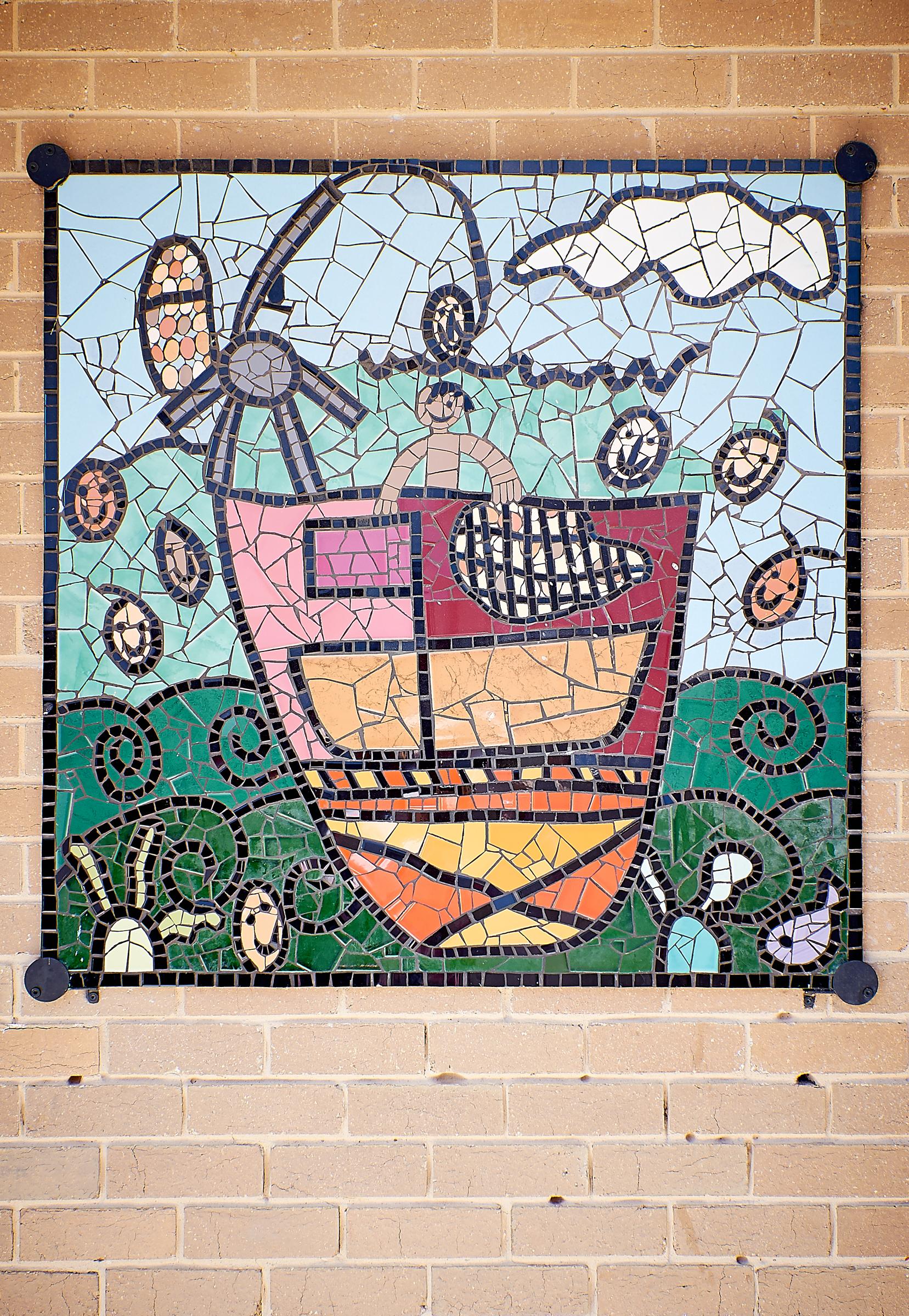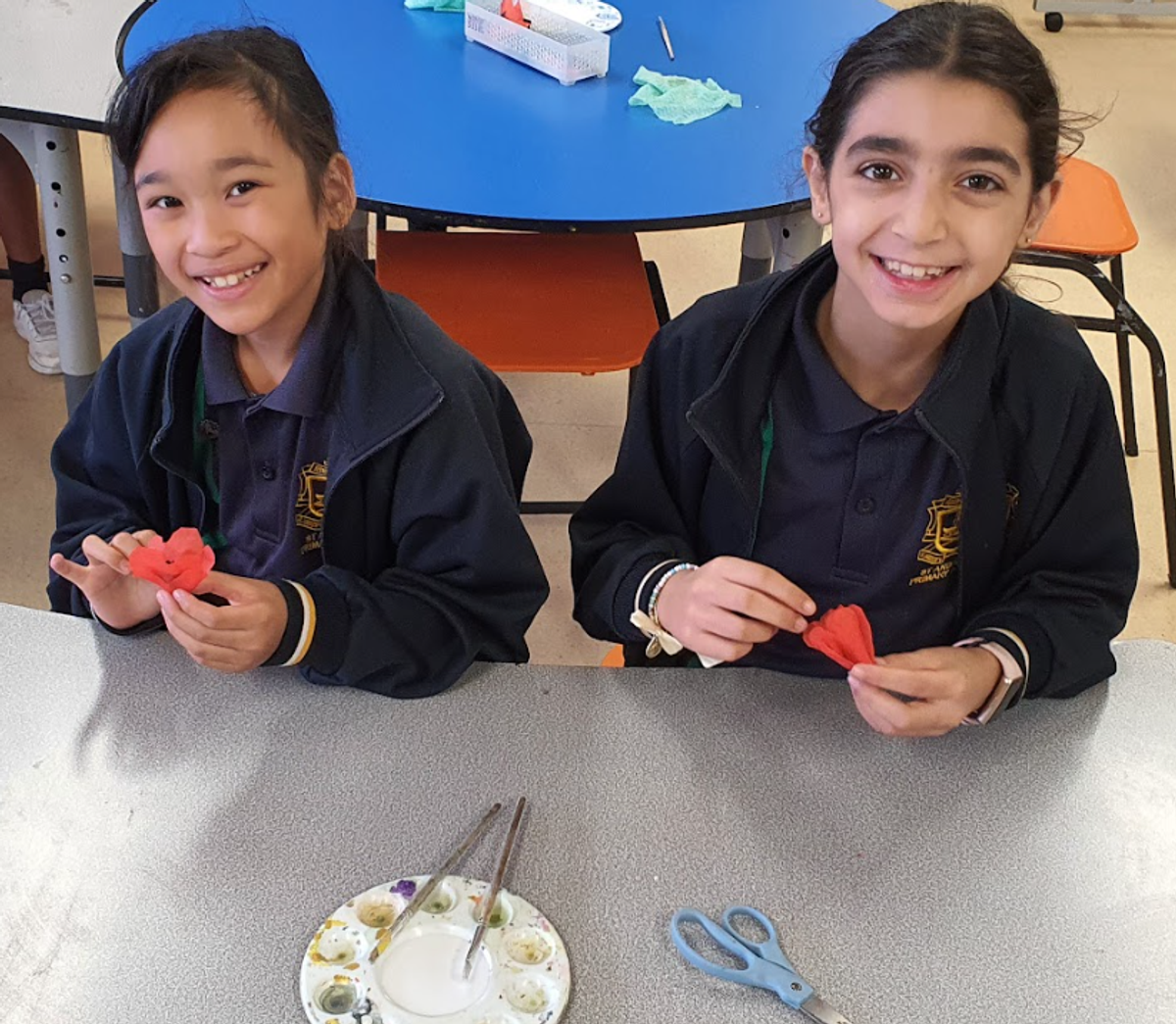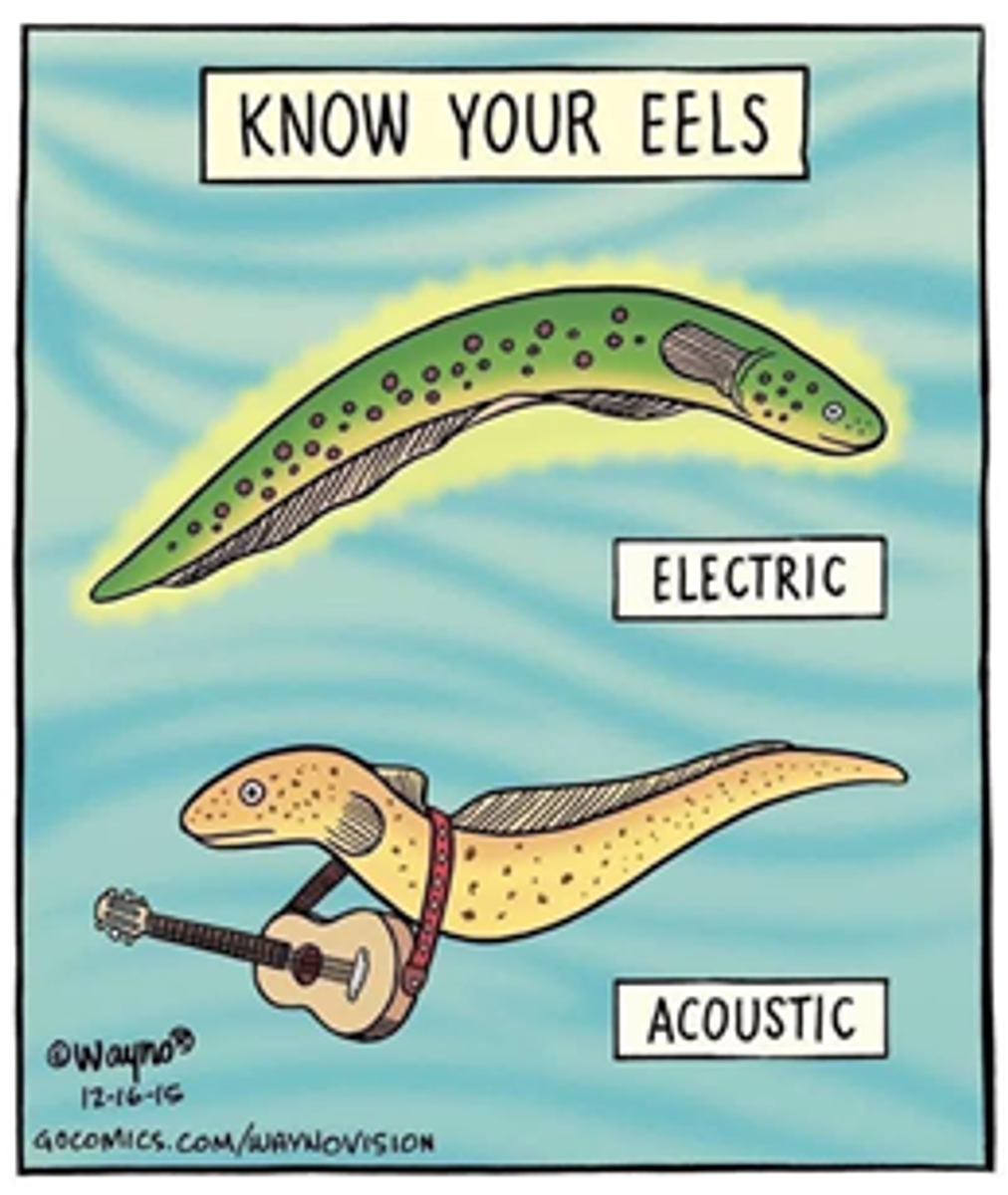Year 3/4

Welcome
Dear Families,
It has been a pleasure to welcome students back after the holiday break and see them settling smoothly into the school routine. Term 2 will be productive and engaging for our Year 3/4 students. We look forward to several key events, including the Year 3 excursion to Avila and Salesian Colleges, and the Grade 4 students preparing to celebrate their First Eucharist, a significant milestone in their faith journey.
In the classroom, students explore new topics across all learning areas, focusing on developing their Reading, Writing, and Mathematical problem-solving skills. Teachers also work closely with students to build independence, resilience, and collaboration through our daily learning routines and learning tasks.
Semester One reports will be distributed in Week 10, providing an overview of each student’s progress and achievements this year.
Kind Regards,
The Year 3/4 Teachers
English: Vocabulary
Each day, students concentrate on two or three word sets drawn from the weekly text. During this time, they explore each word’s meaning, break it into syllables, identify synonyms and antonyms, and use the word in contextually appropriate sentences. Expanding vocabulary is an effective way to improve students' reading, writing, and speaking abilities.
English: Reading
In Term Two, we will identify the purpose of Explanation texts and their different sections. Within these texts, students will learn to locate present-tense verbs, explain the meaning of selected subject-specific words, and answer literal and inferential questions. Students will use Tier 2 and 3 words they learn through Vocabulary sessions to help support their understanding of the texts.
English: Writing
In writing, students will be supported in writing explanation texts using the structure of a topic sentence, a detail, an example, and a linking sentence. In these lessons, students will focus on the ‘What?’, ‘How?’ and ‘Why?’ of a topic and develop their ability to write in the third person as required by the structure of Explanation texts. Some topics students will be writing about are: How does composting work, how does solar energy work, how do planes fly and how do hot air balloons work?
Homework: Reading Daily, Weekly Tasks
Students are expected to read for 15-20 minutes each night and record their reading in their diaries.
Please record the reading using the following format:
Title:
Time Read:
Pages:
Parent signature:
After completing the reading, it would benefit your child to talk about what they have read.
This ‘verbal processing’ helps them remember and think through the book's themes.
Ask questions before, during, and after a session to encourage reading comprehension.
For example:
- Before: "What are you interested in about this book? What doesn't interest you?"
- During: "What's going on in the book? Is it turning out the way you thought it would? What do you think will happen next?"
- After: "Can you summarise the book? What did you like about it? What other books does it remind you of?"
You may also like to visit the local library and select books that interest your child.
Homework: Curriculum Tasks
Homework tasks will be presented to each child for the week. The classroom teacher allocates the tasks based on the prior week's curriculum. Tasks are assigned to take no more than 20 minutes per session.
Homework tasks for this term commenced in Week 2. The last week of homework will be handed out to be completed in the second-to-last week of term, Week 10.
Mathematics
Maths Rotations: Students take part in a one-hour mathematics lesson each day. Lessons begin with a 10-minute session of Maths Rotations and Teacher Sprint groups. During this time, students build fluency in mathematical skills by engaging in group games and activities. At the same time, teachers work with small focus groups to provide targeted support on specific concepts.
Daily Review: After rotations, the class moves into a Daily Review session. This part of the lesson revisits both current and previously covered topics, giving students the opportunity to practise and reinforce their understanding. The goal is to help transfer this knowledge into their long-term memory.
To start the term, students focused on following algorithms to generate number patterns, such as doubling and halving numbers. We are building on students' knowledge of Fractions in our current Mathematics unit. Students have been writing unit fractions of collections and shapes and learning to identify halves, thirds, quarters, fifths, and tenths. Students will apply this knowledge to represent fractions in different ways, such as mixed numbers and improper fractions, and identify equivalent fractions.
Other mathematical concepts to be covered this term are:
- Measurement: Length and Area
- Statistics: Data Representation
- Space: 2D Shapes
- Number: Addition and Subtraction
Inquiry
This term in Inquiry, we will learn about Chemical Science. Our focus will be on the three main states of matter: Solids, Liquids, and gases. During these lessons, we will investigate the properties of the different states of matter and how matter can change between them. As we develop our understanding of the states of matter, students will conduct experiments showing how we can observe the change between them. Students will showcase their experiments to the class and record their findings.
Religious Education
This term in Religious Education, our students are deepening their understanding of Mary, the Mother of Jesus, as a model of discipleship. They will explore how Mary’s faith, trust in God, and willingness to say “yes” to His call make her so important in the Catholic Church and an inspiration for us all.
In the next few weeks, the students will prepare for and learn about the Sacrament of the Eucharist and its meaning in our lives. The Eucharist is at the heart of the Mass. Many of our Year Four Students will be receiving Communion for the first time on June 21st and 22nd.
Key Dates 2025
Term 2
May
Thursday 8th - Mother’s Day Stall
Friday 16th - Walk Safely to School Day
Friday 16th - Whole School Assembly 9:00 am
Wednesday 21st - First Eucharist Information Night 6 pm
Friday 23rd - Whole School Assembly 9:00 am
Saturday 24th - First Eucharist Commitment Mass 6 pm
Sunday 25th - First Eucharist Commitment Mass 11 am
June
Friday 6th - Whole School Assembly 9 am
Monday 9th - King’s Birthday Public Holiday - No School
Thursday 19th - First Eucharist Reflection Day
Friday 20th - School Closure Day 2 - No school
Saturday 21st - First Eucharist Sacrament Mass 6 pm
Sunday 22nd - First Eucharist Sacrament Mass 11 am
Friday 27th - Semester 1 Reports distributed to families
Monday 30th - Semester 1 Parent/Child/Teacher Interviews 2:30-7 pm
July
Friday 4th - Whole School Assembly 9 am
Friday 4th - Term 2 Concludes - 1:30 pm Dismissal
Saturday 5th - Sunday 20th - Term 2 School Holidays
Monday 21st - Term 3 Commences
As dates can be subject to change, please check the school newsletter weekly.
How to Contact Us
All of the 3/4 team members can be contacted at the following emails. When sending emails, please be mindful that we are teaching the students and allow time to reply; we will get back to you as soon as possible.
Tahira Tannen - ttannen@saclaytonsth.catholic.edu.au
Lachlan Ware - lware@saclaytonsth.catholic.edu.au
Emily Casaceli - ecasaceli@saclaytonsth.catholic.edu.au
Rosario Corio - rosario@saclaytonsth.catholic.edu.au
SPECIALIST PROGRAMS
Art
Hello everyone!
It’s been an excellent start to Term 2 in the art room! We began by remembering ANZAC Day. The children created beautiful red poppies, which were proudly displayed as part of a special wreath at our school’s ANZAC ceremony.
We’ve also been busy making colourful and thoughtful Mother’s Day gifts filled with love and creativity!
This term, the students will explore different materials to support their learning in our inquiry unit and as part of our celebration of First Eucharist. They’ll mix colours, experiment with patterns, and use step-by-step drawing to create amazing artwork.
We’re looking forward to a fun and creative term ahead!
Warm regards, Mrs Milena Santoro
LOTE- Italian
Ciao a tutti,
The students will begin this term by revising previously acquired language with written and oral activities. They will use the vocabulary and grammar associated with the topic of Galileo Galilei to complete various listening and speaking tasks. Using their knowledge and new vocabulary, they create a quiz in their workbook or electronically that includes six questions and two multiple-choice answers for each question. Students share their quiz with a partner and then with the whole class.
They will also write a word find using the new vocabulary and phrases, create a portrait of Galileo Galilei using an outline of his face and upper body, and decorate it using various craft materials. Then, using the original target language and the newly acquired vocabulary, the students will write a paragraph to describe his appearance and some of his qualities.
In groups, the students will role-play the story of Galileo, with the focus on speaking and communicating information.
During the lessons, the students will continue to participate in playing quizzes and games and completing interactive tasks on Duolingo to practise their oral and speaking skills and deepen their vocabulary and grammar knowledge.
Cordiali saluti.
Signora White
Performing Arts
Hi 3/4 Students and Families,
I’m excited to have the 3/4 students back in the classroom and ready for another term of Performing Arts after their hard work in Term 1. The focus on this term will be learning and practising material for Mary Poppins, our production in Term 3. Students will be using the Mary Poppins songs and script to practice a multitude of skills, including:
- Pitching their voice through singing, going from chest to head voice.
- Singing a part different to others, and staying in tune.
- Acting through singing to convey a message or feeling.
- Developing movement skills including timing, use of space, individual body movement, energy levels and actions to planned choreography.
- Using movement and dance to convey a message or feeling.
- Remembering lyrics and choreography and combining the two.
- Literacy interpretation of a script, using the clues in the script to convey a message or idea.
- Using their voice, body and expressions to convey an idea or feeling.
Even students not participating in the production will have an opportunity to learn from the material, some of whom are very talented and I hope they’ll consider doing a future production!
Lastly, they’ll learn notes on the treble clef on both the recorder and the piano. Students will learn to read musical notation to play notes. They will also learn breathing techniques for the recorder and chords on the piano, which will help with singing.
If your students would like to practice any of the Mary Poppins songs at home, please see the link to the songs below.
Here’s to a great term!
Mrs Emma Cooper
Library News
Congratulations to all classes on your excellent care and return of library books in Term 1! Seeing so many students respecting our shared resources and developing responsibility as readers is wonderful.
We’ve started the term in the Library with a fun and creative activity — making our own bookmarks! Students in Years 3 and 4 have enjoyed designing personalised bookmarks using colours, patterns, and even favourite book characters. This activity helps spark excitement about reading and gives students something special to mark their place in their next great read. It’s a special way to begin the term with imagination, colour, and a love of books!
Library time will continue to be an opportunity for students to build on key reading and viewing skills through a range of engaging texts and activities and to connect with stories on a deeper level. As we read together, students make connections between characters’ experiences and their own, which helps them better understand both the obvious and deeper meanings in texts. They are also learning to share their thoughts and opinions about stories confidently. Students are also discovering how authors use interesting word choices to create mood and meaning, and other language devices to hook in the reader. It has been so wonderful seeing the growing independence in each student selecting and enjoying texts for different purposes.
A big thank you to all our families for your essential role in fostering a love of reading at home. Whether it's sharing bedtime stories, encouraging regular library visits, listening to your child read aloud, or simply talking about books, your support makes a big difference.
Best Wishes
Mrs Daniella Polites




